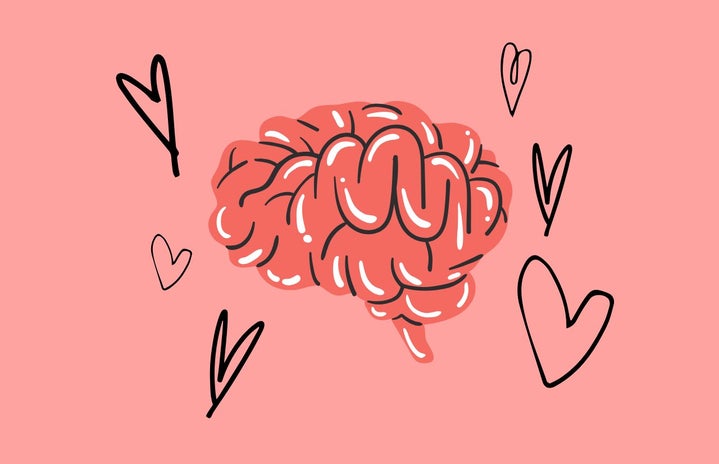With the novel coronavirus confining everyone to their homes, the mental health of people around the world is beginning to decline quicker and on a more massive scale than usual. While everyone’s mental health is at risk, those with pre-existing mental illnesses are a huge target and have already taken quite a hard hit. Psychologists are reporting that it’s normal, that in this time of fear and uncertainty that worry begins to take its toll on the population. But this is an unprecedented global event and the effects beyond physical health are beginning to show.
The Washington Post reports that 19 percent of the total US population surveyed have had a major mental health decline, while 26 percent from the same survey report a decline in mental health. Psychologists attribute these large numbers to job losses, social isolation, and widespread sickness and death. There are other issues people are being presented with during these times as well; people being stuck in quarantine with an abuser has led to polls showing a spike in domestic violence cases in France. Alcohol and drug use has gone up in almost every country. With each percentage point of unemployment rising leads to a three and a half percent increase in opioid addiction.
Certain demographics are being hit extremely hard during this time of crisis, those being doctors, the elderly, the immunocompromised, and people with pre-existing mental health conditions. Doctors are working longer hours than normal and under more stress during those hours. Most, if not all, doctors have had to quarantine themselves away from family so they don’t potentially infect them. The elderly and immunocompromised have to stay indoors and away from everyone at all costs so as not to risk their health. Those with mental illness have mostly lost the ability to visit with their therapist/psychiatrist (if they have one) and may be losing touch with healthy coping mechanisms such as socializing.

The CDC has released a list of ways to improve your mental state and tips to ease stress. Some tips include taking breaks from social media/TV/the news, stretching/exercising/meditating, finding new hobbies (or getting back in touch with old ones), and keeping a regular schedule for a sense of normalcy. Talking over the phone with friends and/or family is also good, according to The CDC, because a lot of people are experiencing the same feelings and hearing a compassionate voice and someone who listens has proven to reduce stress in times like this. Checking in on vulnerable friends/family is also something to do. Talk to the people who are highly affected by these changes and make sure they know that someone is there for them in their time of need. Health care workers, the elderly, those with chronic illnesses, and those struggling financially are under high amounts of stress right now.
According to The Washington Post, thankfully, fear of infection has decreased from 62 percent two weeks ago, to 53 percent this week. Household risk has been declining for those who have been obeying social distancing orders and their fears of infection have dropped slightly. But that’s not to say that their mental health hasn’t generally gone unaffected. However, with more people practicing social distancing and shelter-in-place, the more that fear of infection goes down as well as household risk.
Want to see more HCFSU? Be sure to like us on Facebook and follow us on Instagram, Twitter and Pinterest!



